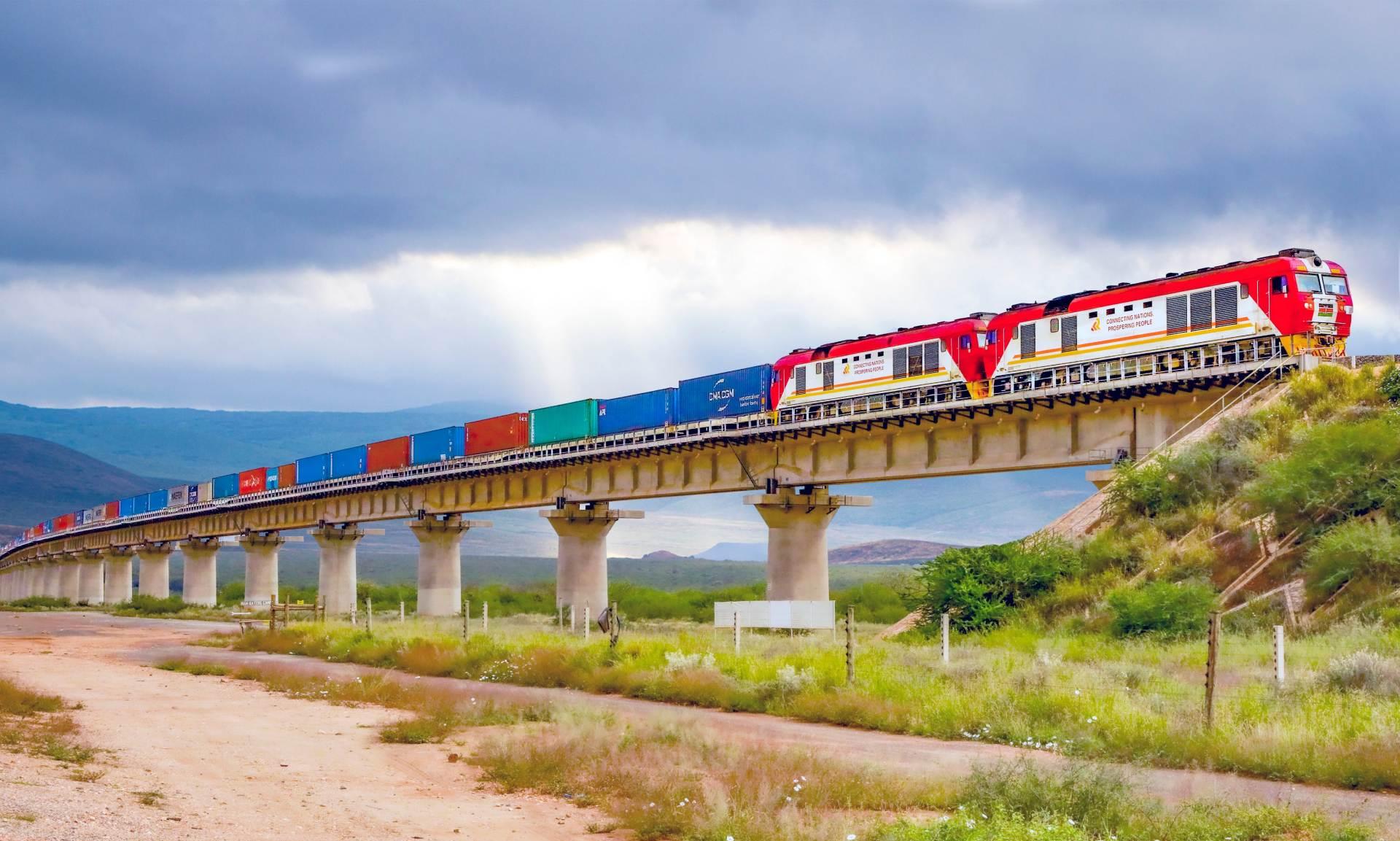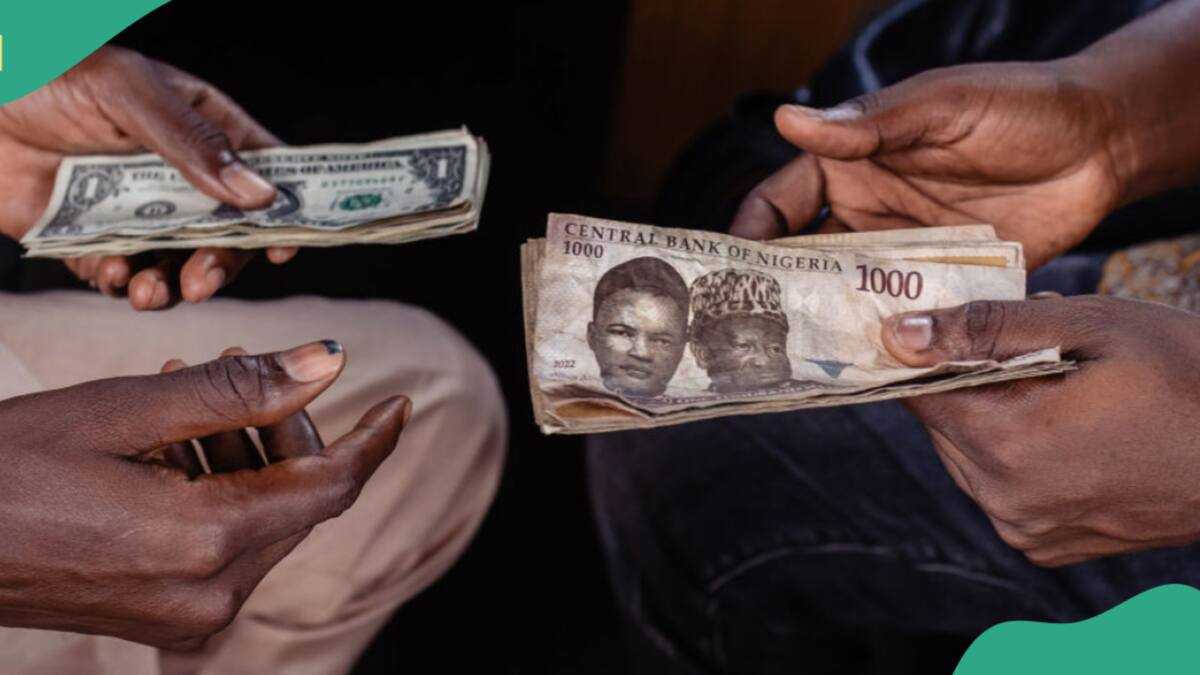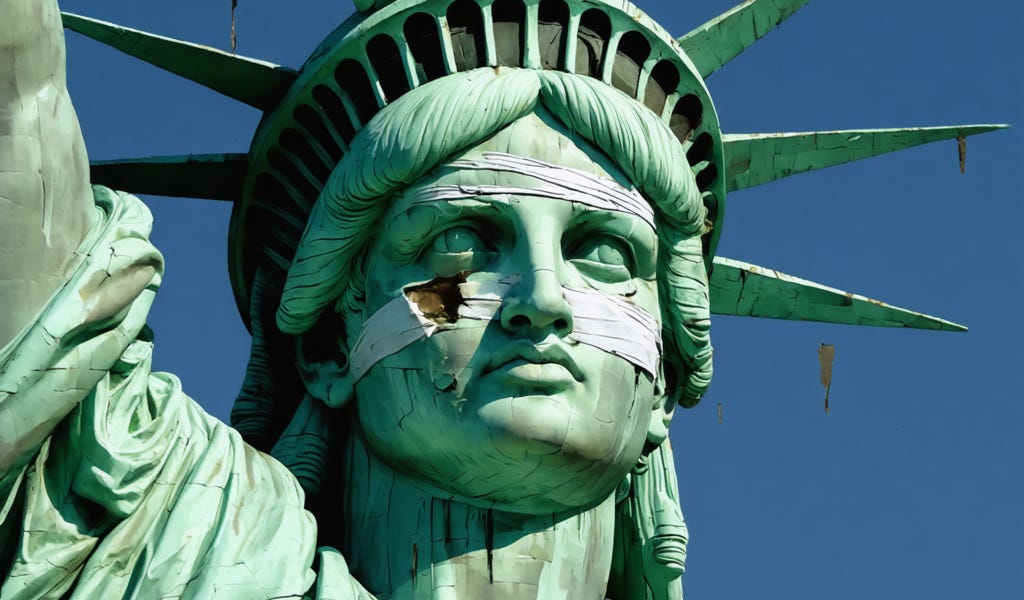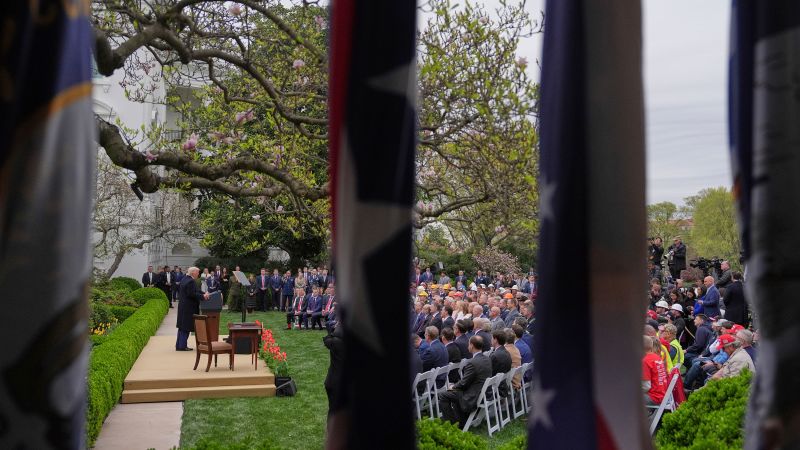Deals, Tariffs and Executive Orders: US President Trump's First 100 Days
By Keem Abdul
The 45th and 47th President of the United States of America, Donald John Trump, has been called many things. But ‘modest’ is not one of them. With typical self-assurance, he has already characterized the first 100 days of his second term as the ‘most successful first 100 days of any Presidency in the history of the US.’ Whether one agrees with that assessment or not, there’s no denying that Trump’s first 100 days have been by far the most eventful and dramatic in recent history.
In that short space of time he has signed more executive orders (at least 142 at the last count) than any other American President in their first 100 days. The impact of these orders has been earth-shaking; he has sent markets in America and around the world into a tailspin with his on-again, off-again tariffs. He has been relentless in his pursuit of his ‘America First’ foreign policy – which seems to make no distinctions between allies and adversaries, alienating allies like Canada, the EU and NATO, and embracing the likes of Russia. On his first day in office alone (January 20, 2025) he signed 26 orders, among which were the order to pardon more than 1,500 people convicted of violent acts and seditious conspiracy in the fatal January 6, 2021 Capitol riot in Washington, DC. He also signed an order withdrawing the US from the World Health Organization (WHO), and another which renamed the Gulf of Mexico to the Gulf of America.
Not only his executive orders, but even some of his pronouncements, have ruffled feathers on the international stage. He has, for instance, threatened to take Greenland (by military force, if necessary; Greenland has mineral resources the U.S. could use); to seize control of the Panama Canal (also by force, if necessary), to annex neighbouring Canada and make it the 51st state of the USA; and to take over the Gaza Strip (currently a theatre of war between Israel’s military forces and the Palestinian militant group, Hamas), relocate the Palestinian population, and turn the enclave into an upmarket holiday resort.
As a senior member of the Trump administration put it, “Our success depends on his (Trump’s) ability to shock you.”
‘Shock’ is the word. These first 100 days have not only been shocking, but also destabilizing. They have seen power grabs, strategic policy shifts, and even direct attacks on individuals and institutions (on ideological grounds) that have left his opponents, international counterparts, and even many of his own supporters dumbfounded. He has drastically reduced the workforce of the federal civil service (by removing more than 100,000 federal workers at the last count) with the help of his staunch supporter, Elon Musk – the world’s richest man and owner of such top conglomerates as the electric carmaker, Tesla, Spacex, and the micro-blogging site, X (formerly known as Twitter). In his stated bid to cut waste, fraud and abuse in the federal government, Trump created the Department of Government Efficiency (or DOGE) and appointed Musk to lead it. Musk’s team has so far taken control of independent federal agencies and inflicted crippling cuts – even offering considerable sums of money to those who agree to leave their jobs.
About 75,000 federal employees have so far accepted the offer. DOGE has slashed or dismantled entire government agencies and departments – including the United States Agency for International Development (USAID), the U.S. Agency for Global Media, and the Consumer Protection Council.
But perhaps the most far-reaching of President Trump’s actions have had to do with immigration and trade – two issues that have animated his public speeches and political ideology the most.
True to his campaign promise to carry out ‘the largest mass deportations in American history,’ he has mobilized agencies across the government – including even the Internal Revenue Service – to find, detain, and expel immigrants, some of whom have been already shipped to foreign countries. Agents have even snatched foreign students off the streets and stripped off their visas for engaging in anti-Trump or anti-Israel speech. He has threatened to send even natural-born American citizens to a notorious prison in the Central American nation of El Salvador; a deal to that effect was signed in February. “One of the reasons I like it,” Trump said about the deal, “is because it would be much less expensive than our prison system, and … actually be a greater deterrent.” So far, 238 alleged Venezuelan gang members have been sent to the Salvadoran prison. And as we speak, there is an ongoing discussion with the government of Rwanda to ship illegal but non-criminal immigrants to that East African country.
On trade, Donald Trump has set himself the task of remaking the global economy – and reversing America’s trade deficits with other countries, of which he had complained (even decades before his entry into politics) that they are grossly unfair to the US. To redress this ‘imbalance’, as he tagged it, as well as to bring manufacturing jobs back to the country and generate income for the US government, Trump unleashed a sweeping array of tariffs that immediately sent markets plummeting. He hit almost every country in the world with at least a baseline tariff of 10% (and some like China, with a tariff regime of over 145%). This has set off a global trade war. Faced with the prospect of retaliatory tariffs from other countries, however, Trump has paused many of these tariffs, pending talks with their leaders on how to work out deals that he deems to be favorable to the US.
Some foreign leaders, like India’s Prime Minister Narendra Modi, UK Prime Minister Keir Starmer, Italy’s Prime Minister Giorgia Meloni and even Ukraine’s President Volodymyr Zelenskyy, who visited Washington to discuss deals of all kinds, have already felt the force of Trump’s resolve not to allow other countries get any more trade or other freebies at America’s expense. To explain his approach to tariffs, for example, Trump likens the U.S. to a giant, global department store. “I am this giant, beautiful store,” he says. “And everybody wants to go shopping there … and I say, if you want to shop here, this is what you have to pay.”
Trump, who – before his entry into politics – was famous as the author of the best-selling book, The Art of the Deal, was at his deal-making best on his recent trip to the Middle East, which took him to Qatar, Saudi Arabia and the United Arab Emirates. In a testimony to his transactional approach to relationships both at home and abroad, the US President is on a mission to strike both geopolitical and financial deals; where geopolitics and finance overlap, so much the better. In fact, among his entourage on this trip are a number of tech billionaires – including the aforementioned Elon Musk.
On the geopolitical side, he wants to pursue the so-called ‘Abraham Accords’, i.e. a normalization of diplomatic relations between S/Arabia and Israel, in a bid to end decades of hostility. He had pursued in his first term, but now wishes to do so with greater vigour and urgency – considering the heightened tensions in the region. He also wants to put pressure on America’s geo-political adversary in the region, Iran, to reach a deal on its nuclear technology – and stop any attempts to build a nuclear bomb. “We’re going to make your region and the world a safer place,” he said in a message to Iran’s leaders.
In trying to burnish his image as an international peacemaker, Trump has so far said all the right things – for which he is getting applause throughout his tour.
On the financial side, he scored a major victory when Saudi Arabia announced a commitment to invest $600bn in the US economy, notably through the purchase of weaponry and military equipment as well as training.
And in a barely-disguised recognition of Trump’s influence on world economics – as demonstrated by the impact of his tariffs – and wanting, like almost every economy on the planet, to stay on his good side, the leaders of Qatar have offered the US President a spanking-new $400m Boeing 747 plane, to serve temporarily in place of Air Force One (the ageing US presidential carrier). In his reaction, Trump described Qatar’s offer as a ‘beautiful gesture’ which it would be ‘stupid’ of him to decline – even though critics at home have raised concerns about conflicts of interest and national security. The gift, they say, violates constitutional safeguards.
Some critics argue that even as U.S. President Donald Trump pursued his ‘America First’ policies on the international stage, he simultaneously weakened key democratic institutions at home. They contend that he steadily undermined the structures essential for organized opposition and deliberately stoked divisions among Americans to erode their collective ability to hold leaders accountable.
Yet in a recent interview, Trump insisted that he remained committed to the rule of law. Strong leadership, he maintained, is not the same as authoritarianism. According to him and his supporters, the demands of peace—both domestic and global—require strength and economic vitality, qualities they believe he embodies.
As the saying goes, the morning shows the day. If Trump’s first 100 days in office were any indication, then the remaining 1,358 days promised geopolitical and economic fireworks—hopefully, not military ones.
In the eyes of his supporters, Trump’s accomplishments in a short time outpaced what, they argue, “ten Kamalas” couldn’t achieve in a decade. Some who initially opposed him out of genuine concern for America have, over time, started to revise their views. Only those who oppose him out of disdain for America itself, they say, have become more entrenched in their hatred.
It’s often said that people pretending to be asleep are the hardest to wake. That sentiment now seems to resonate with Nigeria’s President Bola Tinubu. If you opposed Tinubu in 2023 because you sincerely thought he was a poor choice for Nigeria, recent developments might have softened your stance—his efforts are beginning to bear fruit. But if your opposition stems from a desire to see Nigeria remain in perpetual disarray, then Tinubu, it seems, is determined to give you even more reasons to continue disliking him.









